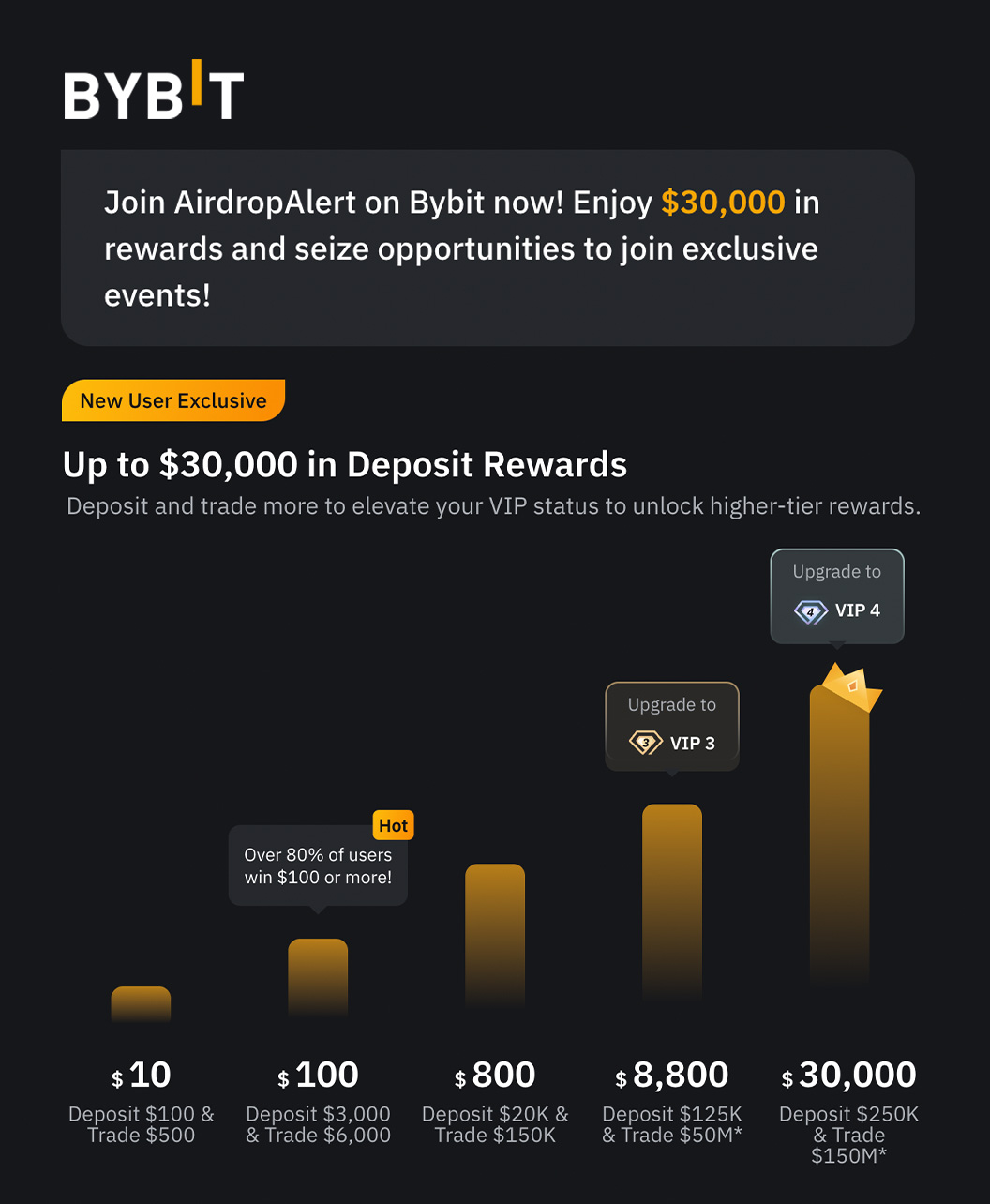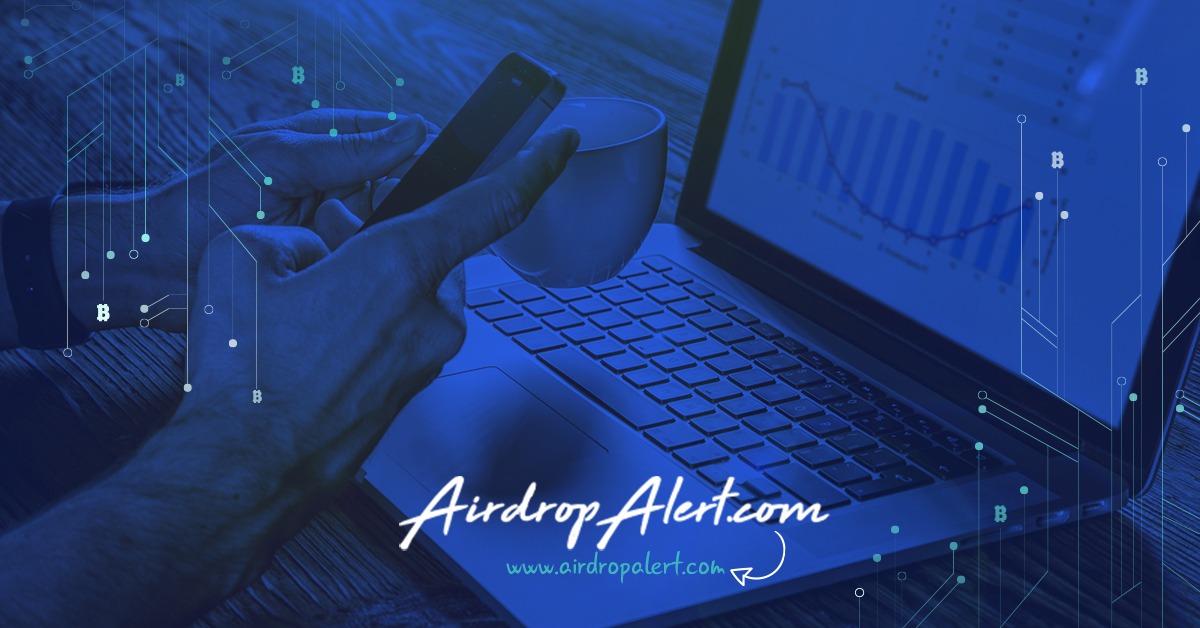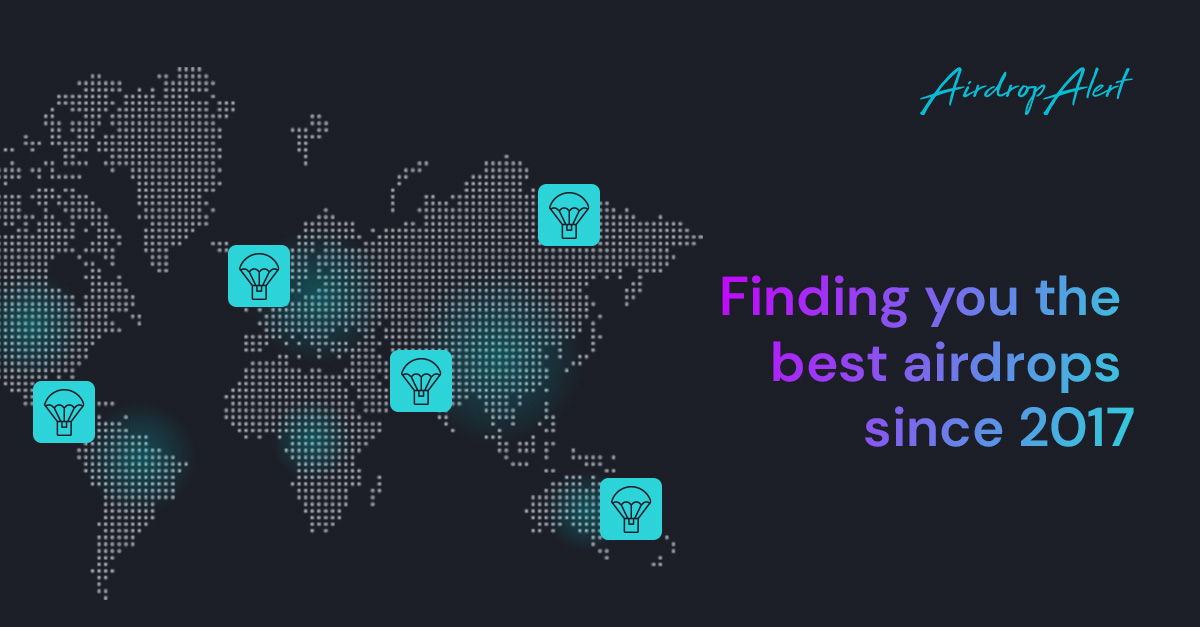Rapid Internet Expansion Creates A Growing Asset Monetization Opportunity
Microsoft’s Purchase of NorTel’s IPv4 address assets in 2011 for $7.5M, approximately $11.25 per address, shouted confirmation to the world that the lowly IP address was a valuable asset on the Internet. Further confirmation came from the Mergers & Acquisitions market starting a few years back when valuations for Internet Service Providers and Telecommunications companies included the quantity and quality of IP addresses they had. Why, because an IP address is what’s needed to connect every device to the global internet, along with being able to deliver the services we all use every day, and it is finite and shrinking rapidly, with less than 4% of the world’s supply left to allocate to new and expanding companies.
To most people, running out of IP addresses isn’t a big deal, seeing as if I’m online, I must have an IP address so I’m OK. That’s mostly true. Better network designs and a newer IP address standard, is alleviating many of the IP address shortages providers have and are struggling with. there’s just one problem, IPv4, the current IP address standard, and IPv6 need a translator to talk to one another and the vast majority of products and services we count on every day and that fuel billion dollar industries in our economy still rely mostly on IPv4. So, while IPv6 solves the growing demand to connect more devices to the Internet, such as IoT, home and personal assistants, even our refrigerators, IPv4 addresses are still needed far into the future to deliver the services to these devices.
To quickly illustrate the problem and get a bit technical. In 1983 ARPANET, which later became the Internet adopted IPv4 as their address standard. During the first explosion of Internet use in the late 1990’s they realized that the IPv4 standard, which provided for about 4.3 billion total addresses, would run out much sooner than predicted. So they introduced IPv6, a radically different address standard to IPv4, but one that provided for a theoretically inexhaustible supply of IP addresses for everything on the plant. There are just a couple of catches. While IPv4 and IPv6 can run concurrently on the same equipment, they cannot communicate with each other unless you use a “translator”. Secondly, IPv6 has a different structure, 175.176.177.178 for IPv4 vs 2001:0db8:0000:0042:0000:8a2e:0370:7334 for Ipv6, which requires employee re-training, filtering and security strategies and equipment upgrades.
These upfront costs have significantly slowed the transition to IPv6, with less than 35% of the Internet supporting IPv6 as of 2018, forcing providers and companies to turn to the secondary market to purchase and transfer IPv4 addresses from existing allocation holders. This has created a very robust and expanding secondary trading market for IPv4 addresses with an expected growth rate of 20% over the next 5–10 years. The market projection is further buoyed by the predictions from the likes of Cisco and Juniper, suppliers of equipment to the Internet, who say that adoption rates for IPv6 will remain around 3% for the foreseeable future.
All evidence and indications are that the IPv4 address market is behaving like any other asset-based supply and demand market facing increasingly limited supply of a required resource. Even in the face of industry and government backed pushes for migration to IPv4, the IPv4 trading market continues to grow. And it appears that the only thing that will stop it is simple economics, with providers saying that once the costs of buying and transferring IPv4 are equal with fully transitioning and supporting IPv6 they will seriously consider it. The numbers say that’s a long way off, providing an opportunity for some with vision to make a nice return buying, leasing and trading IPv4 addresses, the “real estate” of the Internet.
By: David Callender is the CEO and Co-Founder of IP Gold, an IP address asset and management company that specializes in maximizing the long-term monetization of IP addresses across their marketing and infrastructure lifecycle and ultimately trading them for a significant profit!
IP Gold is currently running an Crowdsale to expand its IP address asset pool, scale its revenue generating services, and significantly reduce operating costs utilizing the Blockchain, Smart Contracts and Automation.
Exclusive Airdrop IP Gold is currently live, visit the Airdrop here!
Article originally published on Medium, visit the article here

For updates on new Crypto Airdrops, follow us on AirdropAlert Facebook, AirdropAlert Telegram & AirdropAlert Twitter







